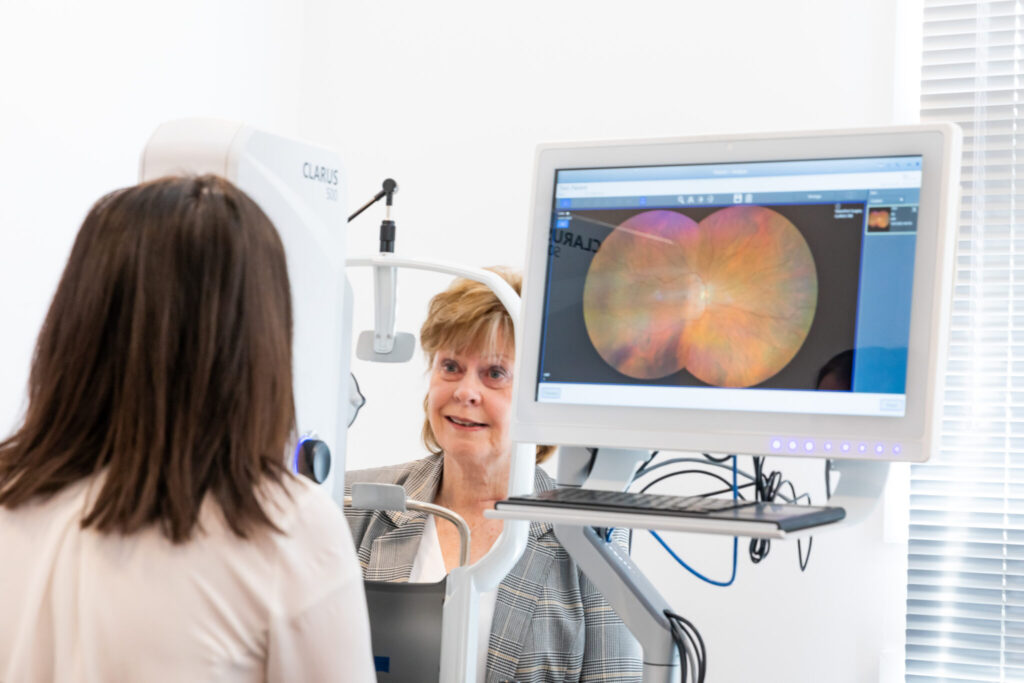
A regular comprehensive eye examination for early detection of any eye problem will help to provide timely treatment and thus will prevent deterioration of vision.
Adults under the age of 60 with normal vision should go for a general eye examination every 2 years and adults above 60 should go every year.
In case you have a family history of eye disease or previous eye problems or chronic diseases such as diabetes that may affect vision, more frequent eye examinations may be required.
Inclusion
The general eye examination inclusion:
The general eye examination includes a number of tests that ascertain the health and function of the eye. These include:
- Visual acuity test
- Colour vision test
- Eye pressure test
- Slit lamp examination: (Slit lamp magnifies the image of the eye and allows the doctor to look for any problems of different parts the eye.)
- Glaucoma assessment
- Retinal photography: (photo of the back of the eye.)
- OCT imaging: (cross-section scanning of the central retina and eye nerve.)
In case any eye disease is detected or suspected, you may be asked to undergo further specific eye tests to confirm the initial finding such as Visual Field test that measures peripheral or side vision.

